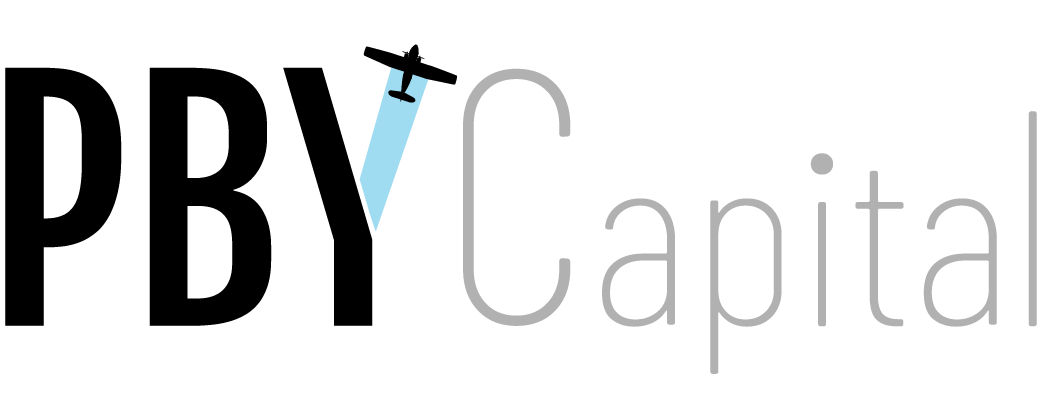New generation of philanthropists re-examine giving and funding practices
Not interested in just writing cheques, they throw themselves into the process to make a greater impact

Article content
From a young age, Laurie Rix was taught the importance of giving back to the community, either through volunteering or financial contributions. Today, as president of the Vancouver-based Rix Family Foundation, she’s part of an emerging new wave of modern, impact-driven philanthropists, including family offices and foundations, for whom simply writing a cheque — while still important — isn’t enough.
“I have longstanding, trust-based relationships with the charities I support and target my funding to areas that are meaningful to me and where it’s needed most. These donations are structured in ways to maximize and deliver the greatest impact,” she says.
Rix’s approach to philanthropy is reflective of how the giving landscape is changing as prominent philanthropists take a more active role in their giving.
Measurable impact is key
In KPMG’s new report Disruptive Philanthropists, 71 per cent of donors surveyed say measurable impact is key when selecting causes to support.
In reality, we are starting to see a reimagining of philanthropy in Canada, beyond the simple act of giving away money to deserving causes. Modern philanthropists are becoming more intentional and informed about the causes they support, and they are re-examining their giving strategies and funding practices.
Taking lessons from the business world
Philanthropists today have a plan, are educating themselves about the issues and are using all the resources at their disposal — such as their networks, skills, time and investments — for greater impact. Similar to investing in a new business, they’re looking for innovative approaches and the ability to quantify impact at the charities they choose to fund.
And they’re taking the lessons they’ve learned from the business world and adopting more rigour and data in how they analyze a charity’s programs. For example, two-thirds of respondents have adopted data as part of their evaluation of impact, and 42 per cent want structured feedback from their beneficiaries.
New awareness is driving new approaches
Modern philanthropists are aware of the inequities exposed by the pandemic, the ESG agenda and new movements to dismantle racism and colonialism. This awareness is driving their choice of causes, their choice of charities and how they interact with these charities. Social and environmental responsibility, good governance practices — including diversity on boards and diversity among staff and beneficiaries — are increasingly important funding considerations.
The priorities of today’s philanthropists align with sustainability-minded consumers and responsible businesses. According to a recent KPMG in Canada survey, 78 per cent of small and medium-sized business owners say the pandemic has increased their company’s commitment to social and environmental issues; while 70 per cent say their customers expect them to take the lead on societal challenges such as racial and gender inequality and climate change.
Donors are adopting a process of continuous learning to gain deeper understanding of the people, communities and causes they aim to help. This is leading to less restrictive, more trust-based funding practices while empowering charitable organizations to identify their own priorities and direct funds where the need is greatest.
Collaboration is gaining new importance
Sixty-three per cent of philanthropists believe that to deliver true impact, they need to combine their efforts with third parties. As a result, they’re partnering with other foundations, like-minded philanthropists, for-profit businesses and government bodies.
But for many, this spirit of collaboration begins closer to home, with three-quarters of respondents considering strengthened family bonds as a major benefit of philanthropy.
“Families that participate in philanthropy together often create deeper bonds and can model the values of generosity and kindness for the next generation,” says Yannick Archambault, partner and National Family Office Leader, with KPMG Enterprise.
“Beyond these important benefits, many philanthropic families recognize that collaboration, in all its forms, can be a highly effective way to help remedy complex social and environmental challenges, opening up opportunities for greater impact.”
Getting started as a modern philanthropist
Many successful individuals and families believe that the opportunities that come with wealth should be balanced with a responsibility toward others, says Archambault. Families or individuals seeking to make the greatest impact should begin with an analysis of their philanthropic values, which can help them identify their priority issues and pick a cause they care about.
Once a cause has been chosen, the next step is to embark on a learning process to understand the issues and then develop a philanthropic plan. The plan should address such matters as how the donors will identify funding opportunities, how they will structure the funding and how they will design a due diligence process for evaluating potential funding recipients.
Donors may also need to define the roles of family members, choose charity partners and engage advisors who specialize in such fields as philanthropy, law and accounting. If the family owns a business, engaging employees can be an effective way to reinforce the greater purpose of the company and help employees feel more connected.
As part of the education process, it’s important to learn from the people and communities that the donor is looking to fund, and that this consultation carries through to the planning process and beyond. After all, thinking about the needs of the charity, first and foremost, is key to adopting the mindset of the new wave of modern philanthropists.
Arundel Gibson is a Family Advisor, Philanthropy and Impact, KPMG Family Office in Toronto. She specializes in supporting successful individuals and families to articulate their philanthropic goals and provides insights on effective giving strategies that deliver long-term social and environmental impact.

Get the latest stories from Canadian Family Offices in our weekly newsletter. Sign up here.



